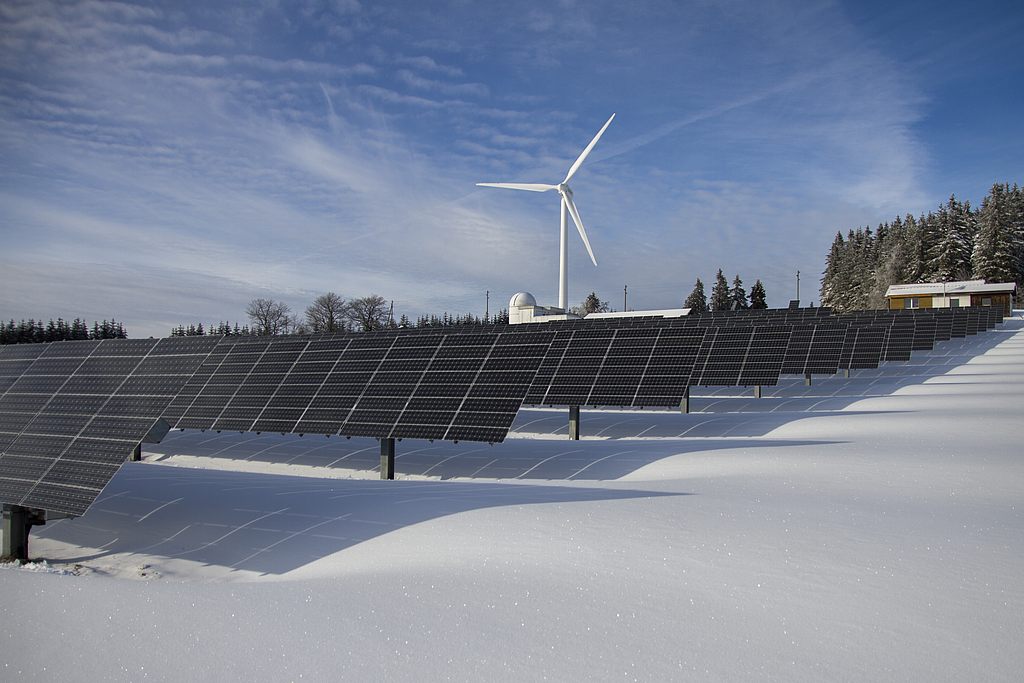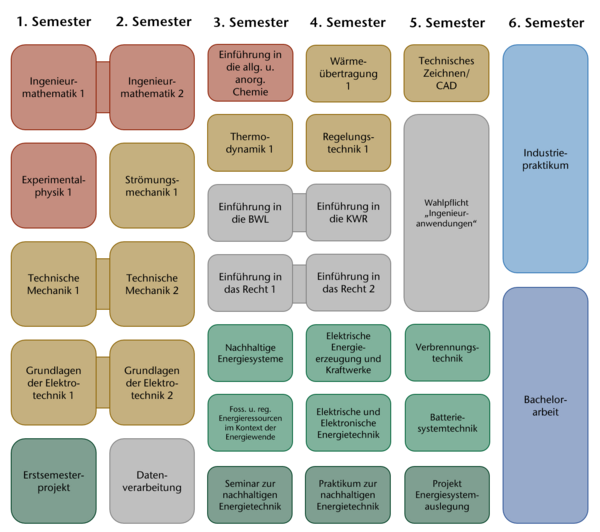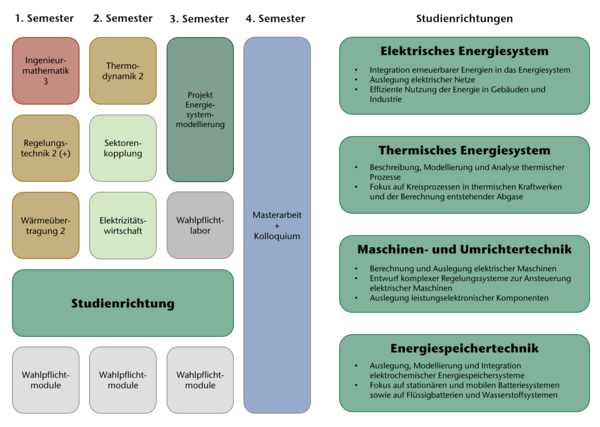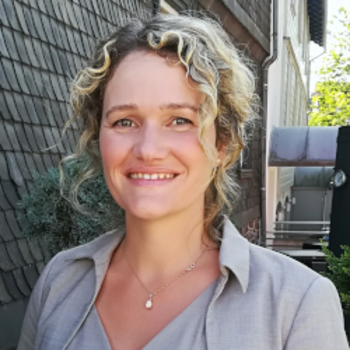courses
With the bachelor's degree in Sustainable Energy Technology and Systems and the master's degree in Energy Systems Engineering, the Institute for Electrical Energy Technology and Energy Systems offers two consecutive courses that train you for the sustainable conversion of the energy system to ensure an efficient and low-emission energy supply. While the entire range of energy technology is dealt with in the bachelor's degree, the master's degree enables individual in-depth study of a core topic of energy technology and systems. The aim of both courses is a comprehensive system concept so that you can help shape the energy transition.
Your studies to accelerate the energy transition
The advancing climate change requires a fundamental rethinking: From the power plant to the socket, we need a CO2-free and sustainable energy system. To this end, fossil power plants must be replaced by regenerative energy producers such as photovoltaic and wind power plants, and fossil raw materials in the heat, mobility and industry sectors must be replaced by greenhouse gas-free alternatives such as green hydrogen.
The Sustainable Energy Technology and Systems course trains engineers with a broad range of skills and an overview of the entire energy system. Based on scientific and engineering principles, you will learn how to apply established and future-oriented technologies for energy generation, conversion and distribution. In addition, you will gain insights into the economic and legal framework conditions that are important for the implementation of the energy transition. In internships and projects, you can apply, deepen and link your knowledge at the same time in order to develop solutions for the energy transition.
professional profile and labor market
The energy supply in Germany is one of the safest in the world. In order for this to remain so in the course of the energy transition, specialists are needed in all areas who can keep track of things and develop a safe, inexpensive and sustainable energy system on an interdisciplinary basis. Energy technologists can plan, project and mediate in the area of tension between technical possibilities, economic and legal restrictions and the acceptance of the population.
Graduates are able to take up leading positions in a wide range of professional fields. In addition to the manufacture of generation, storage and conversion systems, this also includes energy management in companies or their products. Engineering offices, energy suppliers and network operators offer further job opportunities, but experts for the energy system are also needed in authorities and associations or in politics.
structure of the course
- broad engineering education
- electrical, mechanical and thermodynamic basics
- Consideration of the entire energy system
- energy technology applications
- Elective area to focus on
- Application proximity through project and industrial internship
The big picture at a glance
The energy system is undergoing the most fundamental restructuring since its inception. Fluctuating regenerative energies on the one hand and an increasing demand for electricity due to sector coupling on the other must be linked efficiently and intelligently. The Energy Systems Engineering course prepares you for this by combining all the components of a sustainable energy system.
Building on the fundamentals of engineering and energy technology, as well as an introduction to the energy industry and legal framework, you can delve deeper into the areas of electrical or thermal energy systems, machines and converter technology, or energy storage technology. In an extensive list of compulsory electives and a final project before the master's thesis, you can deepen, link and apply your knowledge.
As part of the research focus "Sustainable Energy Systems" at the TU Clausthal, the course is closely linked to other courses and the research centers of the TU.
professional profile and labor market
The energy transition affects us all, and the professional fields after completing the Energy Systems Engineering course are correspondingly diverse. In industry, not only the manufacturers of energy systems, but rather all companies in which energy is generated, converted or used are your potential employers. In addition, there are project planners and operators of energy systems, network operators or energy suppliers. In addition, you can mediate between the actors involved in the energy transition and society in authorities, associations or politics.
The link between the degree program and the university's research centers gives you the opportunity to get started with scientific work while you are still studying. Within the framework of the project and the master's thesis, contact can be made with other research institutes and industrial companies. This makes a subsequent career in research possible, for example as part of a doctorate at Clausthal University of Technology.
Successful re-accreditation
The bachelor's degree in sustainable energy technology and systems and the master's degree in energy system technology were successfully re-accredited. After extensive revision of the curricula, ASIIN awarded both courses their seal of approval, thereby confirming that the requirements of science and professional practice are met at a high level. At the same time, it documents that there are secure framework conditions for good teaching and successful learning. The award of the seal is based on recognized learning outcomes-oriented technical standards in accordance with the European Qualifications Framework and the "European Standards and Guidelines".

Academic Advisor
Hannes Hanse, M.Sc.
IEE R801
Questions and consultation appointments
Bachelor Sustainable Energy Technology and Systems: ba.nets@tu-clausthal.de
Master Energy System Technology: ma.est@tu-clausthal.de
Sustainable energy technology and systems
Information, documents and application
power system engineering
Information, documents and application



